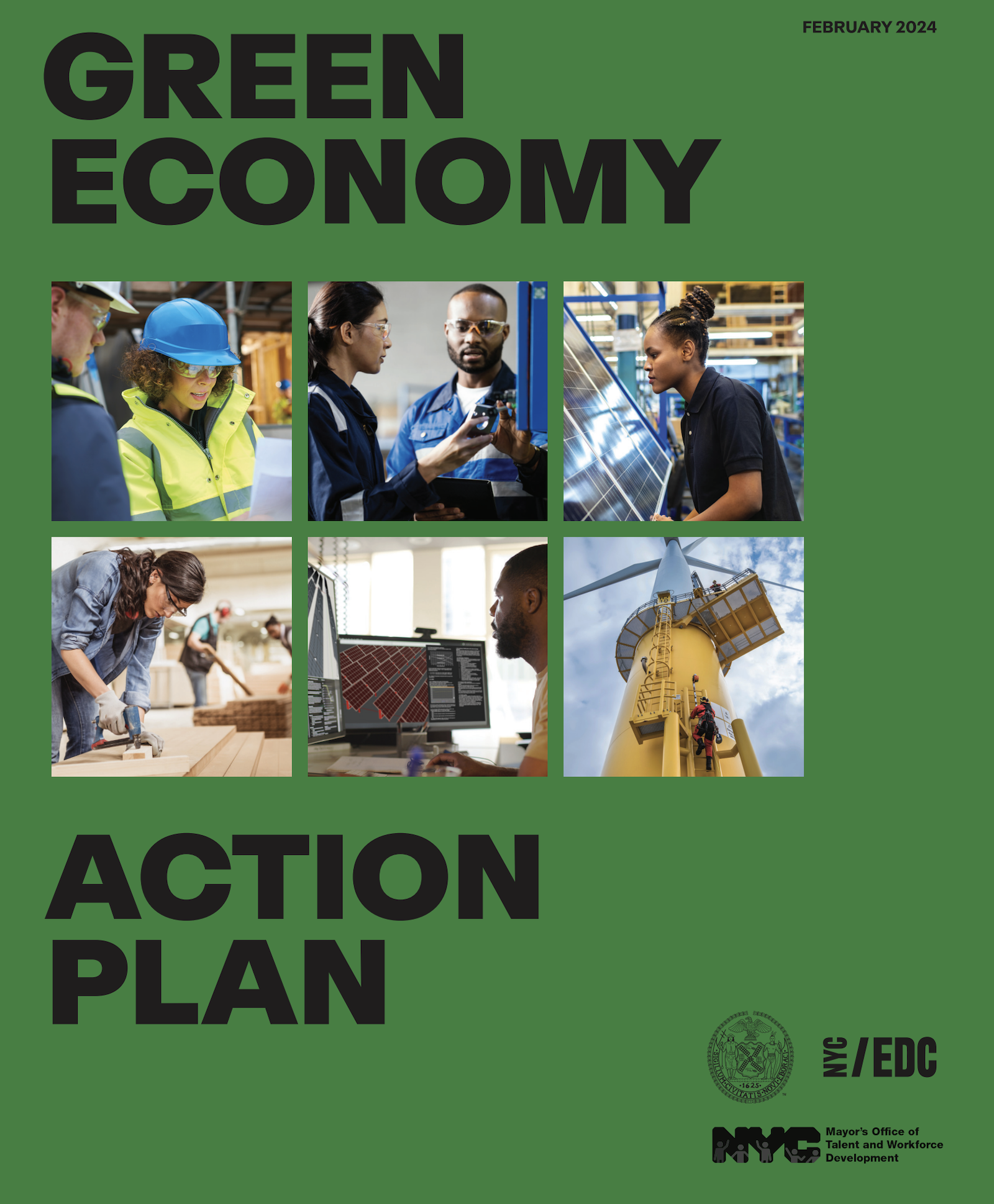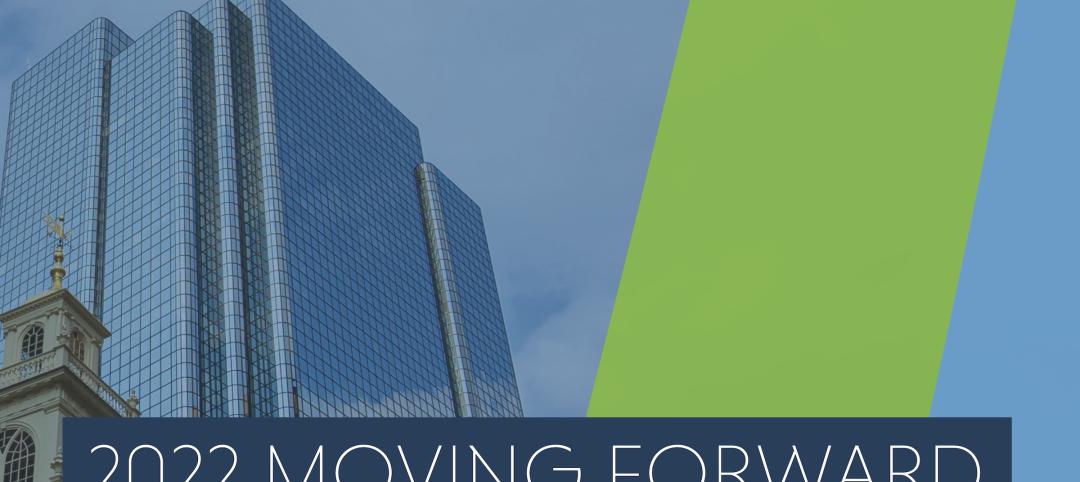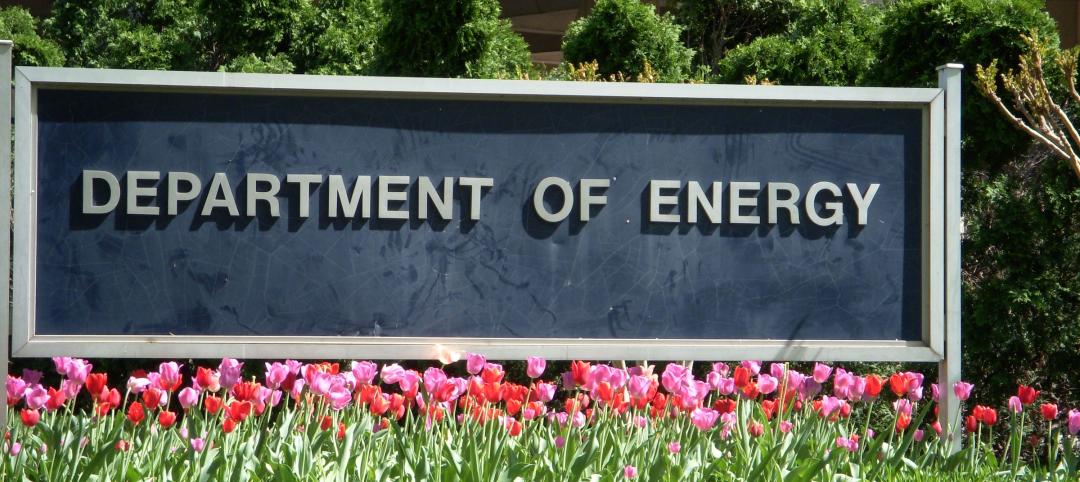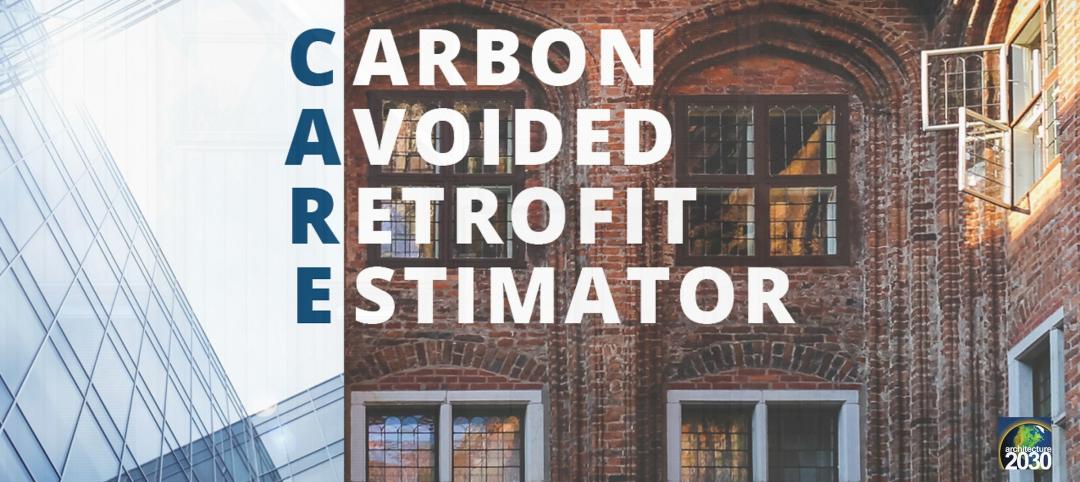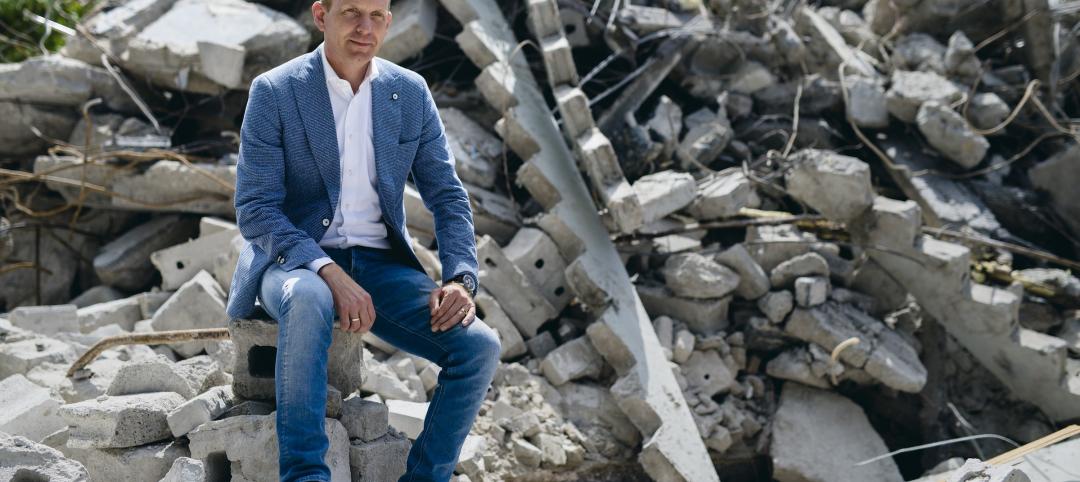New York City’s recently revealed Green Economy Action Plan includes the goals of the decarbonization of buildings and developing a renewable energy system. (Download the PDF report.)
The ambitious plan includes enabling low-carbon alternatives in the transportation sector and boosting green industries, aiming to create more than 12,000 green economy apprenticeships by 2040. It also funds a $100 million Climate Innovation Hub at the Brooklyn Army Terminal to develop green technology startups and businesses.
The plan will advance building resiliency projects, apartment building retrofits, solar panel and wind turbine installation, and deployment of EV charging stations.
New York City’s Industrial Development Agency will offer tax incentives to activate 500 Megawatts (MW) of battery storage capacity and support other green economy goals.
The plan was driven by quantitative industry analysis and input collected by Buro Happold from more than 100 stakeholders and partners.
Here are highlights of the plan:
Establishing a Climate Innovation Hub: NYCEDC will invest up to $100 million to develop a Climate Innovation Hub at the Brooklyn Army Terminal. This new space will accelerate commercialization pathways for climate tech startups and other green economy businesses. It will serve 150 startups over 10 years — generating $2.6 billion in economic impact and creating 600 jobs — while providing local workforce training and job placement, particularly for the local Sunset Park community.
Creating Green Training Facilities in Every Borough: NYCTalent — in partnership with other city agencies, as well as private partners — will develop a workforce training facility in every borough with programming to train New Yorkers for green-collar jobs. The plan will deliver more than 12,000 green economy apprenticeships by 2040 through efforts such as a green building and construction workforce pilot program on Governors Island to train more than 100 people per year for the first two years.
Activating a Harbor Climate Collaborative: The Brooklyn Navy Yard, NYCEDC, and the Trust for Governors Island are collectively investing $725 million to build a green economy ecosystem across 6-million-square-feet and 72 acres linked by NYC Ferry across New York Harbor. The collaborative will catalyze climate education, research, innovation, commercialization, and workforce development alongside partners from the private and nonprofit sectors. This work will build on a strong foundation of green economy projects such as the 400,000-square-foot New York Climate Exchange, an academic and research consortium anchored by Stony Brook University on Governors Island, and the development of 5-million-square-feet of net-zero manufacturing space at the Brooklyn Navy Yard.
Activating Public Sites for Electric Vehicle (EV) Charging: NYCEDC is activating two acres of land near JFK airport to create the largest EV charging facility in the city, with 65 public EV chargers including 12 rapid ones. The facility is currently estimated to charge 1,000 vehicles per year, with potential for growth depending on market demand. The Brooklyn Navy Yard is also installing over 80 EV chargers across its 300-acre campus, including infrastructure for commercial fleet charging and a dedicated public lot for neighboring residents. Together, these investments constitute some of the largest investments in EV infrastructure in outer borough job centers in New York City to date.
Creating Tax Incentives for Battery Storage: NYCEDC will utilize New York City's Industrial Development Agency tax incentives to activate 500 Megawatts (MW) of battery storage capacity and support other green economy uses. To date, the Industrial Development Agency has induced 200MW of storage capacity that is expected to come online in the coming years and generated nearly $500 million of private sector investment. Unlocking additional storage capacity will ultimately drive a stronger and more efficient renewable energy sector.
Related Stories
Sustainability | Apr 4, 2023
NIBS report: Decarbonizing the U.S. building sector will require massive, coordinated effort
Decarbonizing the building sector will require a massive, strategic, and coordinated effort by the public and private sectors, according to a report by the National Institute of Building Sciences (NIBS).
Multifamily Housing | Mar 24, 2023
Momentum building for green retrofits in New York City co-ops, condos
Many New York City co-op and condo boards had been resistant to the idea of approving green retrofits and energy-efficiency upgrades, but that reluctance might be in retreat.
Geothermal Technology | Mar 22, 2023
Lendlease secures grants for New York’s largest geothermal residential building
Lendlease and joint venture partner Aware Super, one of Australia’s largest superannuation funds, have acquired $4 million in support from the New York State Energy Research and Development Authority to build a geoexchange system at 1 Java Street in Brooklyn. Once completed, the all-electric property will be the largest residential project in New York State to use a geothermal heat exchange system.
Sustainability | Mar 16, 2023
Lack of standards for carbon accounting hamper emissions reduction
A lack of universally accepted standards for collecting, managing, and storing greenhouse gas emissions data (i.e., carbon accounting) is holding back carbon reduction efforts, according to an essay published by the Rocky Mountain Institute.
Green Renovation | Mar 5, 2023
Dept. of Energy offers $22 million for energy efficiency and building electrification upgrades
The Buildings Upgrade Prize (Buildings UP) sponsored by the U.S. Department of Energy is offering more than $22 million in cash prizes and technical assistance to teams across America. Prize recipients will be selected based on their ideas to accelerate widespread, equitable energy efficiency and building electrification upgrades.
AEC Innovators | Mar 3, 2023
Meet BD+C's 2023 AEC Innovators
More than ever, AEC firms and their suppliers are wedding innovation with corporate responsibility. How they are addressing climate change usually gets the headlines. But as the following articles in our AEC Innovators package chronicle, companies are attempting to make an impact as well on the integrity of their supply chains, the reduction of construction waste, and answering calls for more affordable housing and homeless shelters. As often as not, these companies are partnering with municipalities and nonprofit interest groups to help guide their production.
Multifamily Housing | Mar 1, 2023
Multifamily construction startup Cassette takes a different approach to modular building
Prefabricated modular design and construction have made notable inroads into such sectors as industrial, residential, hospitality and, more recently, office and healthcare. But Dafna Kaplan thinks that what’s held back the modular building industry from even greater market penetration has been suppliers’ insistence that they do everything: design, manufacture, logistics, land prep, assembly, even onsite construction. Kaplan is CEO and Founder of Cassette, a Los Angeles-based modular building startup.
Sustainable Design and Construction | Feb 28, 2023
Architecture 2030 launches free carbon calculator for retrofit projects
Architecture 2030’s Carbon Avoided Retrofit Estimator (CARE) tool allows project teams and building owners to accurately quantify the carbon “savings” in retrofit or reuse projects versus new construction.
AEC Innovators | Feb 28, 2023
Meet the 'urban miner' who is rethinking how we deconstruct and reuse buildings
New Horizon Urban Mining, a demolition firm in the Netherlands, has hitched its business model to construction materials recycling. It's plan: deconstruct buildings and infrastructure and sell the building products for reuse in new construction. New Horizon and its Founder Michel Baars have been named 2023 AEC Innovators by Building Design+Construction editors.
Senior Living Design | Feb 15, 2023
Passive House affordable senior housing project opens in Boston
Work on Phase Three C of The Anne M. Lynch Homes at Old Colony, a 55-apartment midrise building in Boston that stands out for its use of Passive House design principles, was recently completed. Designed by The Architectural Team (TAT), the four-story structure was informed throughout by Passive House principles and standards.


